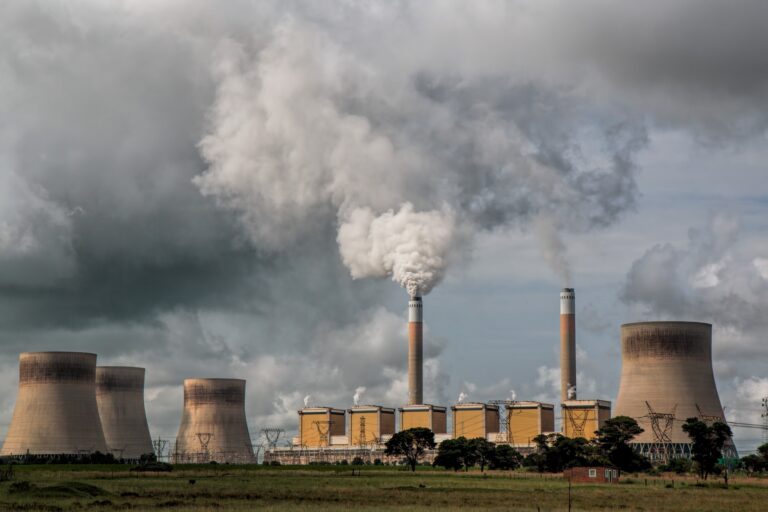International energy crisis has been one of the major concerns in recent months. The world is currently facing an unprecedented energy crisis that could be caused by several factors. This includes a rise in oil prices as well as limited gas reserves and reduced production capacity.
International energy experts believe that if Europe fails to find solutions for its serious energy crisis, it will have a negative impact on other regions such as Africa, Asia Pacific and the Middle East.
Will the European energy crisis truly affect the world?
Table of Contents
Overview of the European energy crisis situation
In 2019, the European Union (EU) started facing one of the worst energy crises in recent memory. The problem is caused by a combination of factors: higher demand for gas and oil, lack of infrastructure to transport these resources, and stagnant production. The European nations are more dependent on imported gas than any other region in the world. This is because they have fewer domestic energy resources available.
As demand continues to rise while supply stagnates, prices will continue to climb. And that means all of us will feel this crisis even if we’re not directly affected by it.
Europe has limited reserves of natural gas, which is why it relies on imports from Russia, Norway, and Algeria. Russia is the largest supplier of gas to Europe, supplying about 30% of European demand. Norway is the second largest supplier at about 27%, followed by Algeria at about 10%.
Russia cut off oil and gas supply to Europe
In a little-known story of the energy crisis, Russia cut off oil and gas supply to Europe. In 2019, Russia was one of the world’s largest oil producers, exporting more than 1 million barrels per day (bpd) of crude oil and about 500 MMcf/d or 28 Bcf/d of natural gas via pipelines to Europe.
However, since 2021, Gazprom, the government-owned gas firm of Russia, has gradually reduced gas supplies to Europe. This, in a bid to weaponize energy against Putin’s rivals, foes, and former Soviet satellite governments, notably Ukraine. The challenges that followed have since been exploited to encourage rifts within NATO and other western alliances. Although this strategy is not new, he is using it with unheard-of fervor.
The current fear is that Gazprom would fully stop supplying gas to Europe as retaliation for the sanctions put in place as a result of Putin’s invasion of Ukraine. Putin’s reliance on the European energy markets, which have brought in more than $120 billion in revenue over the past 10 years, was plainly not enough to prevent him from taking such a severe action.
The effect of the energy crisis on world’s economy
The energy crisis in Europe will affect the world economy. The European Union is the world’s largest trading block. An economic downturn in Europe will have a ripple effect on other countries.
Oil and gas from Russia and other parts of the Middle East are vital to Europe’s energy supply. But European countries also rely heavily on coal for their electricity generation needs.
As demand for energy continues to rise worldwide, it is likely that these countries will continue to look overseas for their supplies of oil and gas instead of relying on coal as they have done in recent years.
Energy costs are anticipated to rise for consumers without a fixed-price contract for heating and electricity.
A fifth of Europe’s electricity comes from natural gas, which is also used for cooking and heating. It accounted for almost 45% of the energy utilized to heat homes in the bloc in 2018.
Many nations are attempting to assist consumers as prices continue to rise. France unveiled a number of measures, including a “energy check,” to assist people in paying their rising bills.
While Italy is lowering taxes, Spain said that it would reduce its energy tax in an effort to lower costs for citizens.
However, a lot of organizations are worried that more individuals would have to pick between paying for heating and feeding their family.
Will the European energy crisis affect the world
In conclusion, it is evident that the energy crisis in Europe will affect the world economy. The future of Europe’s energy market is uncertain.
The EU could try to negotiate with Iran and Russia, but there are many other countries that have no interest in negotiating with anyone. If the EU fails to solve this problem, it will likely have serious economic consequences around the world who depend on European markets for their goods and services.
However, there are several measures that can be taken to reduce the adverse effects of this impending crisis which could include switching from fossil fuels to renewable sources of energy such as wind or solar power generation facilities.












